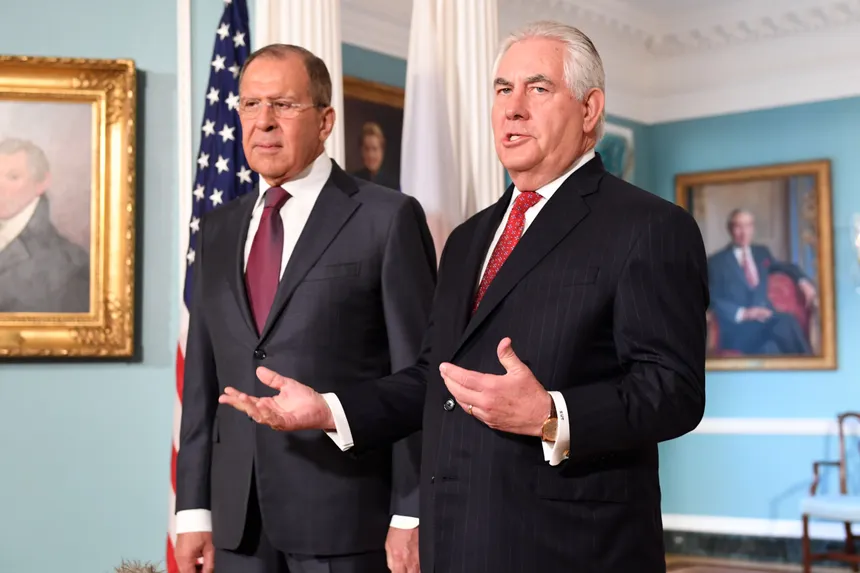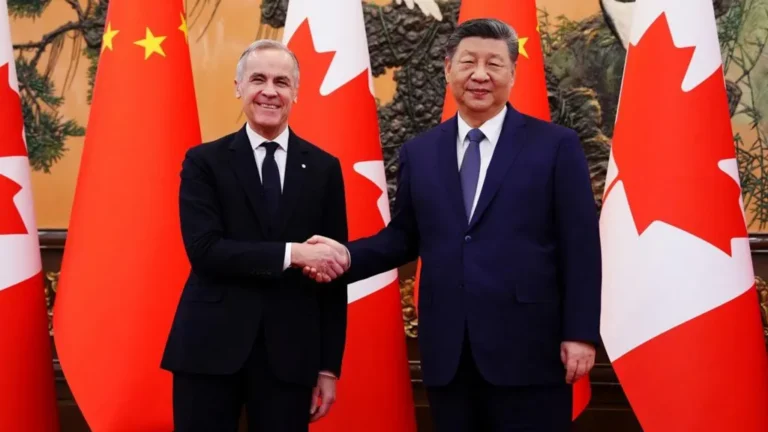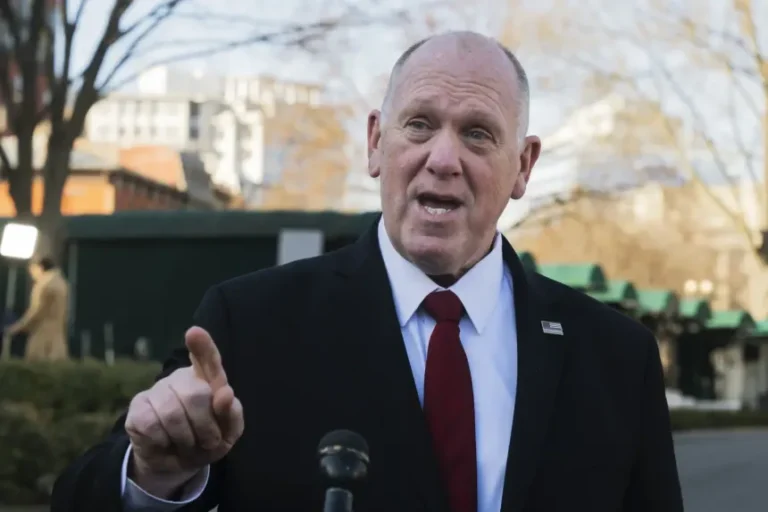
Energy Proposals Emerge in Parallel to Peace Discussions
U.S. and Russian officials held talks this month exploring potential energy deals as incentives to advance negotiations aimed at ending the war in Ukraine, according to five individuals familiar with the discussions.
The energy-related proposals were discussed on the sidelines of broader diplomatic efforts, including meetings involving U.S. envoy Steve Witkoff and Russian President Vladimir Putin in Moscow, and brief mentions at the Alaska summit held on August 15.
Key Deal Points Discussed
The negotiations reportedly included several high-level proposals:
- Exxon Mobil’s Reentry into Sakhalin-1: U.S. officials raised the prospect of Exxon returning to the Sakhalin-1 oil and gas project, which it exited in 2022 after Russia’s invasion of Ukraine. The Kremlin seized Exxon’s stake following its withdrawal.
- Russian Purchase of U.S. LNG Equipment: Talks included whether Russia could obtain U.S. equipment for liquefied natural gas (LNG) projects, specifically for the sanctioned Arctic LNG 2 venture.
- Potential U.S. Purchase of Russian Icebreakers: As previously reported, the idea of the U.S. buying nuclear-powered icebreakers from Russia was also floated.
- Technology Diversion Strategy: One source suggested the U.S. is encouraging Russia to buy American technology to reduce its reliance on China, as part of a broader geopolitical strategy.
These discussions were reportedly reviewed within the White House and presented as potential confidence-building measures.
Political and Economic Implications
The talks come amid continued U.S. sanctions on Russian energy sectors, including Arctic LNG 2, which faces restrictions on access to specialized shipping and western technology. Despite sanctions, five shipments have been reported this year from the plant, which resumed limited processing in April.
Trump administration officials have signaled willingness to ease sanctions if peace in Ukraine progresses. President Trump has also threatened additional penalties on Russia and proposed steep tariffs on Indian purchases of Russian oil if negotiations stall.
Shift from Multilateral to Bilateral Strategy
Unlike earlier U.S. efforts that included European allies, these latest discussions reportedly focused on bilateral arrangements. The European Union, aiming to eliminate Russian gas imports by 2027, has stalled past proposals to revive Russian energy exports to Europe.
On the day of the Alaska summit, President Putin signed a decree potentially allowing foreign investors to reclaim shares in Sakhalin-1—conditional upon their role in easing Western sanctions.
Ongoing Uncertainty
Exxon Mobil declined to comment. Russian energy companies Rosneft and Novatek did not respond to inquiries. A White House official confirmed engagement with Russian and Ukrainian counterparts but said further negotiations would not be conducted publicly.
Whether these energy incentives will translate into real diplomatic progress remains unclear. The underlying tension between economic interest and geopolitical strategy continues to shape the trajectory of peace talks and sanctions enforcement.
Related Coverage
- Global News – https://idahonews.co/global-news/






